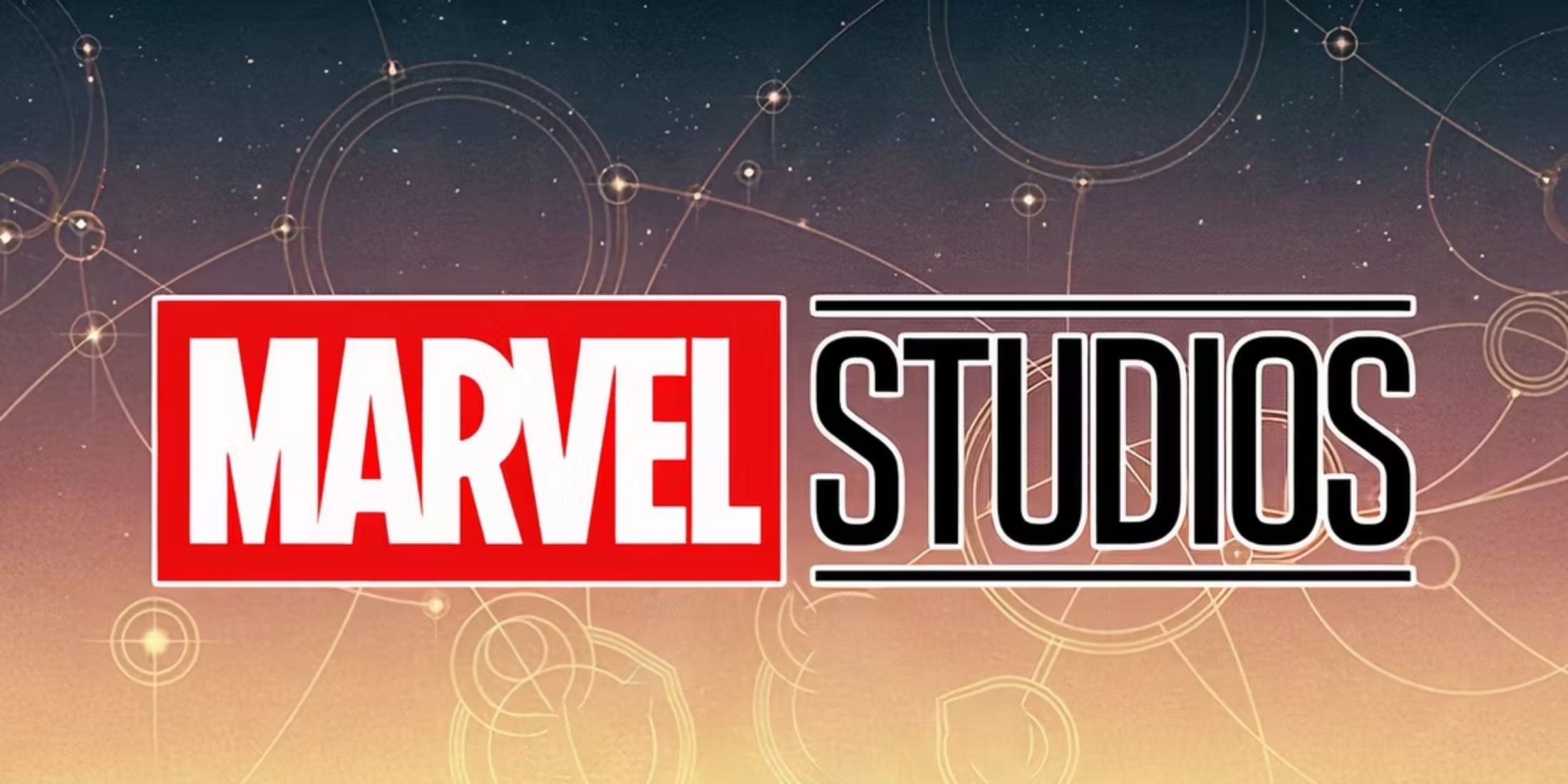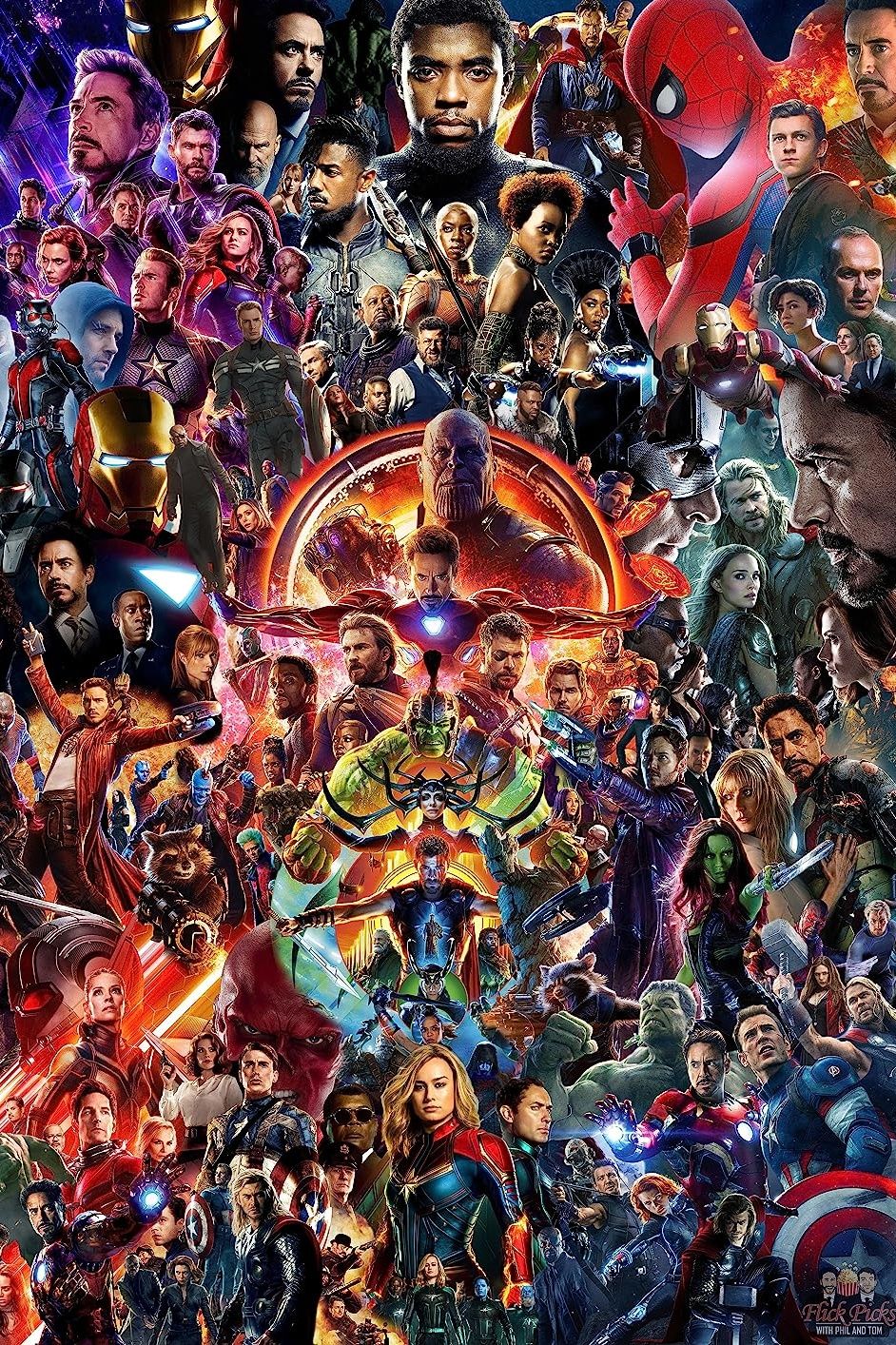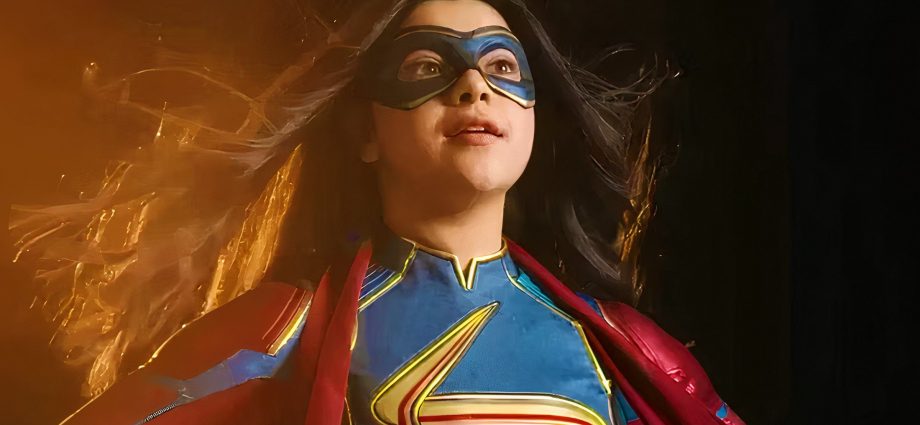Summary
- Disney+ MCU shows have overcomplicated the franchise, causing a decline in audience interest.
- Relying on interconnected content has made it hard for new fans to keep up with the MCU.
- Marvel is pivoting its strategy to address franchise criticism and reduce the number of TV shows and movies released.
The MCU is one of the most financially lucrative franchises of all time, but Marvel’s harsh new reality is that the Disney+ streaming shows have tarnished the brand. The MCU has dominated the box office and even proved successful when introducing obscure characters into live-action, like the Guardians of the Galaxy, who got their own lauded trilogy. With a vast array of comic book characters at their disposal, many of whom either hadn’t had time to shine on their own in a movie or even made the leap from page to screen, Marvel saw an opportunity to expand.
In 2021, Marvel’s slate of Disney+ shows began rolling out with WandaVision. The show met with a warm critical and audience reception, painting a bright future. However, after numerous shows followed, with varying degrees of quality, Marvel suffered unforeseen repercussions that affected the entire MCU. Comic book fans found the immense, connected universe of Marvel Comics coming to life in film and TV. General audiences, though, found it hard to keep up with all the new content, much of which had larger implications. As the theatrical run of Thunderbolts* dwindles, the ramifications of Marvel’s Disney+ shows are undeniable.

Related
MCU’s Phase Six Movies May Correct A Long-Standing Franchise Weakness
The MCU’s visual effects story hasn’t always been a great one. It may soon change with Phase Six.
The Success Of The MCU Films Is Hard To Ignore
When the MCU kicked off in 2008 with Robert Downey Jr.’s Iron Man, it was an unproven cinematic property. Comic book movies up to that point consisted of hits like Sony’s Spider-Man films starring Tobey Maguire and Fox’s X-Men franchise. While Fox also made Daredevil, Ghost Rider, and two Fantastic Four movies, comic book cinema was still seen as lesser sci-fi stories. They were a tricky prospect for studios and the behind-the-scenes creatives who attempted to take them on. However, Iron Man and the MCU changed the landscape of comic book movies forever.
Iron Man featured a post-credit scene that introduced Samuel L. Jackson as Nick Fury, who mentioned the “Avengers initiative.” Thus began a franchise that would go on to feature movies for Thor, Captain America, and the Hulk before cinemas were treated to the record-breaking team-up film The Avengers in 2012. The universe grew through several other phases and Avengers films, with solo hero outings from Black Panther, Ant-Man, and Doctor Strange. Black Panther was nominated for seven Academy Awards, including Best Picture, making it the first comic book film to garner the honor despite not winning. The MCU flourished, appeasing comic book readers while introducing new audiences to their world of superheroes, and amassing over $31 billion in box office revenue to date.
The MCU’s Foray Into TV Shows Has Overcomplicated The Franchise
When Disney planned to debut its streaming service, Marvel was the perfect brand to help it succeed. Marvel began developing new shows for Disney+, which saw their Netflix series, like Daredevil and Jessica Jones, come to an end. The Marvel Disney+ slate debuted strongly, with WandaVision in 2021, which is still regarded as a high point for the television slate. That same year, MCU shows also included The Falcon and the Winter Soldier, Loki, and Hawkeye. All of these shows continued stories from characters introduced in movies, marking massive cinematic crossovers.
The MCU’s 2022 shows began introducing new characters to the live-action world, with Moon Knight, Ms. Marvel, and She-Hulk: Attorney at Law, which met with varying degrees of success. Ms. Marvel is one of the MCU’s highest-rated shows, and She-Hulk showed initial promise before the finale upset much of the fandom, leaving many dissatisfied. However, Marvel began greenlighting unnecessary shows for characters that didn’t need them, like Echo spinning off from Hawkeye and Agatha All Along stemming from WandaVision.
The MCU shows have been hit-or-miss in recent years. For example, Secret Invasion squandered the storyline it was based on, proving to be one of the franchise’s most maligned projects. However, the second season of Loki also followed Secret Invasion, delivering the best story the character has been given in live-action. Daredevil: Born Again has also shown that Disney+ can still provide the level of storytelling and character work fans love. Still, each new show is connected to the larger cinematic universe, which has seen the MCU create an impenetrable barrier to entry for new fans. With such a wide-reaching lore that covers the entire MCU, each movie and TV show now complicates an already massive story world. Casual viewers, who don’t watch everything, often find themselves lost by details from a show they never saw, which has begun to taint the brand.
Box Office Returns & Marvel’s Pivot In Strategy Prove Criticism Is Forcing Change
Recent reports state that Marvel’s latest theatrical release, Thunderbolts*, is poised to potentially lose $100 million at the box office despite its positive reviews. Thunderbolts* is the perfect example of a movie that relies on audiences being familiar with prior material. Moviegoers need to have seen The Falcon and the Winter Soldier, Black Widow, Captain America: Brave New World, and Ant-Man and the Wasp, among others. This makes it a dense movie to understand for those who aren’t already familiar with much of what the MCU has laid out. While MCU fans love it, general audiences are staying away over fears they’ll be lost, since there are so many characters they may be unfamiliar with.
Marvel has also pivoted its MCU approach, looking to reduce the number of TV shows in a year to two while releasing only two or three movies. Internal word from Marvel also points to “Marvel fatigue,” with the scope of the franchise making it hard to create new fans. While the studio looks to understand the problems created by the overcomplicated universe created by too many shows, The Fantastic Four: First Steps is due out later this year, along with the long-delayed Ironheart series and the Wonder Man show. This means there is still a clutter of projects rolling out. Ironheart and Wonder Man also stem from the period when they greenlit too many projects, making their debuts tricky, as is the case with the current film slate.
Marvel hopes to course correct their cinematic universe with fewer releases, even recently pushing the release dates up for their upcoming team-up movies, Avengers: Doomsday and Avengers: Secret Wars. However, despite Doomsday bringing back big names like Robert Downey Jr. and the Russo brothers, much of the franchise’s future will fall on the box-office returns of The Fantastic Four: First Steps. If the film shows a continued decline in audience interest, the planned pivot for the MCU may be too little too late. While some rumors state that the upcoming Avengers movies may reboot the MCU, Marvel’s roster of heroes has proven too lucrative to leave behind, meaning the Disney+ shows may have tarnished the brand. Still, the MCU will continue, even if it starts fresh from the ground up.

- First Film
-
Iron Man
- Latest Film
-
Marvels
- Cast
-
Robert Downey Jr., Chris Evans, Chris Hemsworth, Scarlett Johansson, Mark Ruffalo, Jeremy Renner, Chadwick Boseman, Zoe Saldana, Chris Pratt, Tom Hiddleston, Iman Vellani
- Movie(s)
-
Iron Man, Spider-Man: Homecoming, Captain America: Civil War, Avengers: Endgame, Shang-Chi and the Legend of the Ten Rings
- Character(s)
-
Iron Man, Captain America, Thor, Hulk, Black Widow, Hawkeye

